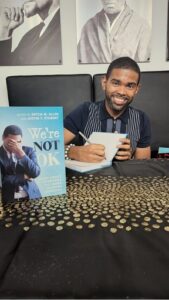
Today we’d like to introduce you to Justin Stewart.
Hi Justin, thanks for joining us today. We’d love for you to start by introducing yourself.
Growing up in a single-parent household with my mother and older sister, there were many times where I had lots of time to myself. As with some people that are constantly in their heads and left to entertain themselves, I developed a wide imagination full of characters, scenarios and plenty of laughter and discussions based on these worlds I was creating. This continued to grow thanks to the annual school summer reading list and a box full of Goosebumps books.
I am originally from Boston, MA, but moved to Atlanta, GA in 2005, where I still reside, to pursue my B.A. at Clark Atlanta University (CAU) for Print Journalism. Based on my adolescent interests in reading, writing and being a storyteller, this felt like an opportunity to not only hone my skills but gain more real-world experience and knowledge. As a contributing writer to the CAU Panther Newspaper, I was able to explore news and craft stories throughout campus. Being able to use my words to detail the events or individuals that I encountered was liberating, as it provided a platform to create content, as opposed to just reading someone else’s. There was also a feeling of fulfillment in having the privilege to share the story or journey of another individual, highlighting their successes or contributions.
Through a series of events, fortunate and unfortunate, my dream of making a career in writing was sidelined post-college and, as I ultimately needed to support myself, I went through an array of jobs ranging from retail to security to contact center, before landing in corporate banking. Fortunately, regardless of where I worked, I continued to pour into writing as a hobby, in addition to freelance work for friends in different industries and businesses throughout the Metro-Atlanta area. Previously collaborating with Dr. Antija Allen in 2018, we started laying the groundwork in 2020 for what would become We’re Not OK: Black Faculty Experiences and Higher Education Strategies, which released May 5th, 2022.
I’m sure you wouldn’t say it’s been obstacle free, but so far would you say the journey have been a fairly smooth road?
Smooth…that’s funny. The road has definitely been full of hills and valleys along the way. After obtaining my degree in Journalism, my career path has veered farther and farther from my passion in writing, landing opportunities that may not have fully spoken to what I wanted to be doing at that time. These detours also contributed to me questioning and setting more doubt on my ability as a writer, being unable to land any jobs within my preferred field. While I utilized my spare time to continue writing for personal and professional projects, some of the stress, exhaustion and frustration from my regular 9 to 5 have sometimes left me less motivated or feeling less creative to flesh out ideas. Falling prey to procrastination, a lack of motivation, and dealing with writer’s block, there are some ideas that have sat of the “shelf” for more than five years. Sometimes staring at the cursor blinking on a word document, mustering the effort to type, or finish, can be a task. With these struggles, however, I credit my wife as being my foundation and making sure that I knew my value, regardless of how down and out I may have become. Her help and support has not only kept me afloat but has also been a major factor in continuing to pursue writing.
Can you tell our readers more about what you do and what you think sets you apart from others?
Currently, I am in the Corporate Banking industry working in Enterprise Technology as part of Risk Management. My role entails assessing change initiatives and programs within the division to identify any inherent risks that the internal business units need to address/mitigate in order to operate in a business as usual environment.
Outside of my full time work, I have poured my energy into the conception and realization of We’re Not OK: Black Faculty Experiences and Higher Education Strategies. Serving as the co-editor and a contributing author to this title, which was released in May 2022, the book examines and discusses the challenges of Black faculty working in predominantly white colleges and universities on issues related to diversity, equity, inclusion and mental health. In my chapter, “Code-Switching in Academia”, I take a deep dive into the concept of Black identity, along with some of the misconceptions of Blackness, when existing in predominantly white spaces, and the need to adopt coping strategies, that can lean towards assimilation of the dominant culture, in order to gain acceptance and feel a sense of belonging.
At this juncture of my life, We’re Not OK brings me the most joy and is also what I would stand up as a proud moment. Getting this book out to the masses and engaging in themes and conversations regarding inequality, trauma and working together to build a better system is gratifying work. As an opportunity to shine a light on racial disparities and continue conversations that can lead to a meaningful and progressive shift in diversity, equity and inclusion, this type of content is what I’ve felt the most connected to. The chance to be part of this work and help shift narratives on Black professionals, some of which are derived from stereotypes and inherent biases, is meaningful and powerful. These are the moments in time where there is an opportunity to promote change and positively move the needle on a personal, professional and societal level.
Throughout the process of We’re Not OK, my co-editor, Dr. Antija Allen, and I have had to wear several roles. Outside of the editing and writing process, we juggle recruitment, promotion, engagement with bookstores and institutions, etc., all while managing our everyday lives inside and outside of work. I’ve prided myself on the ability to change and adapt to many situations, describing myself as a utility player, and this experience has allowed me to fully showcase this. There are many times throughout this journey where I’ve surprised myself, and I am thankful that my inclusion in this project has exposed me to different areas that I may not have felt the most comfortable in, but haven’t been afraid to take the leap and see where things land for better or worse.
What sort of changes are you expecting over the next 5-10 years?
In terms of We’re Not OK, and the industry of higher education, I believe the near future will be make or break for many institutions. As society has continued to evolve in its own way, and people have become more in tune with their individuality and expression of self, there is a level of accountability that needs to be addressed sooner than later. In terms of accountability, I am referring to companies making a real effort to effectively change their infrastructures, identifying the gaps that have continuously been lacking when speaking about representation and ushering out an old train of thought that was beneficial to some, while shutting out others based on gender, ethnicity and culture.
As people continue to break themselves from the mental bonds of what it means to be a professional, and the image of a professional, the level of tolerance has gotten to a point where people will no longer stay where they don’t feel wanted. Many individuals feel more empowered to take a chance on themselves, which is heavily impacting the workforce of companies in different industries. The status quo is no longer acceptable, so the time of standing behind empty words, and calls of ally ship without actual action, is becoming a bygone era. Now that the world is continuously under a lens of every step everyone takes, what’s going to be your next move?
Contact Info:
- Website: https://www.allenivyprep.org/
- Instagram: https://www.instagram.com/justwrite_stewart87/
- Facebook: https://www.facebook.com/justin.stewart.7902564
- Other: https://fromgemineyes.blogspot.com/?fbclid=IwAR1rx3a4Y9LFmnbONECrhj0tMhUfLOiuFe7Z8qk8FBMAv_NDiYkEJOSjGnE
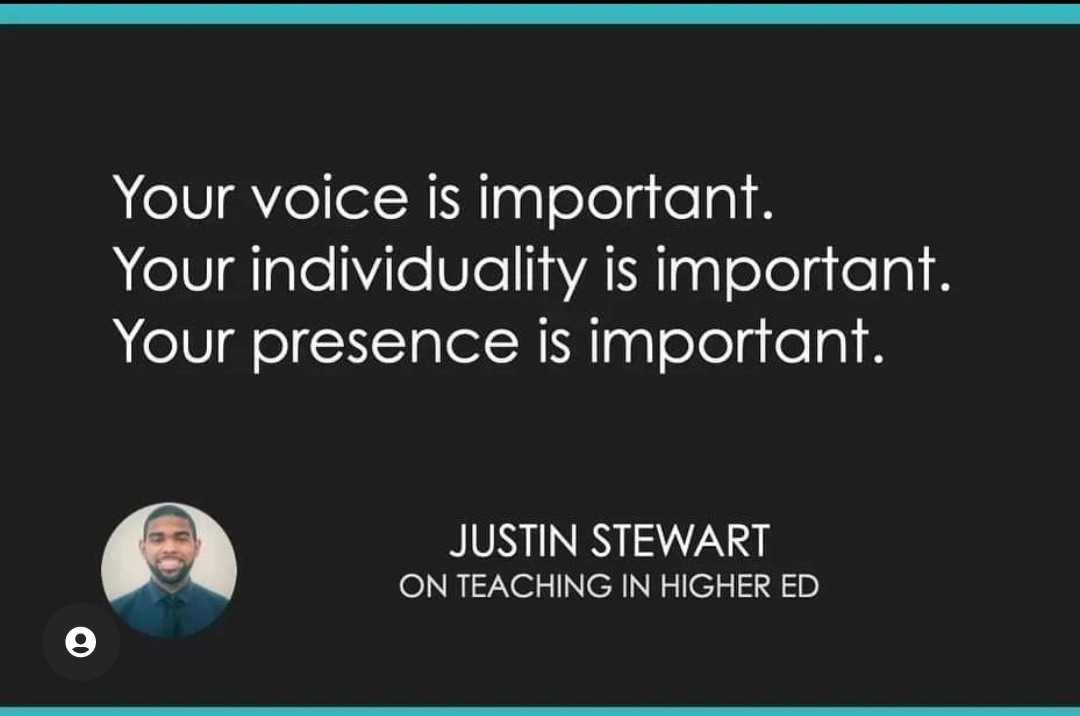
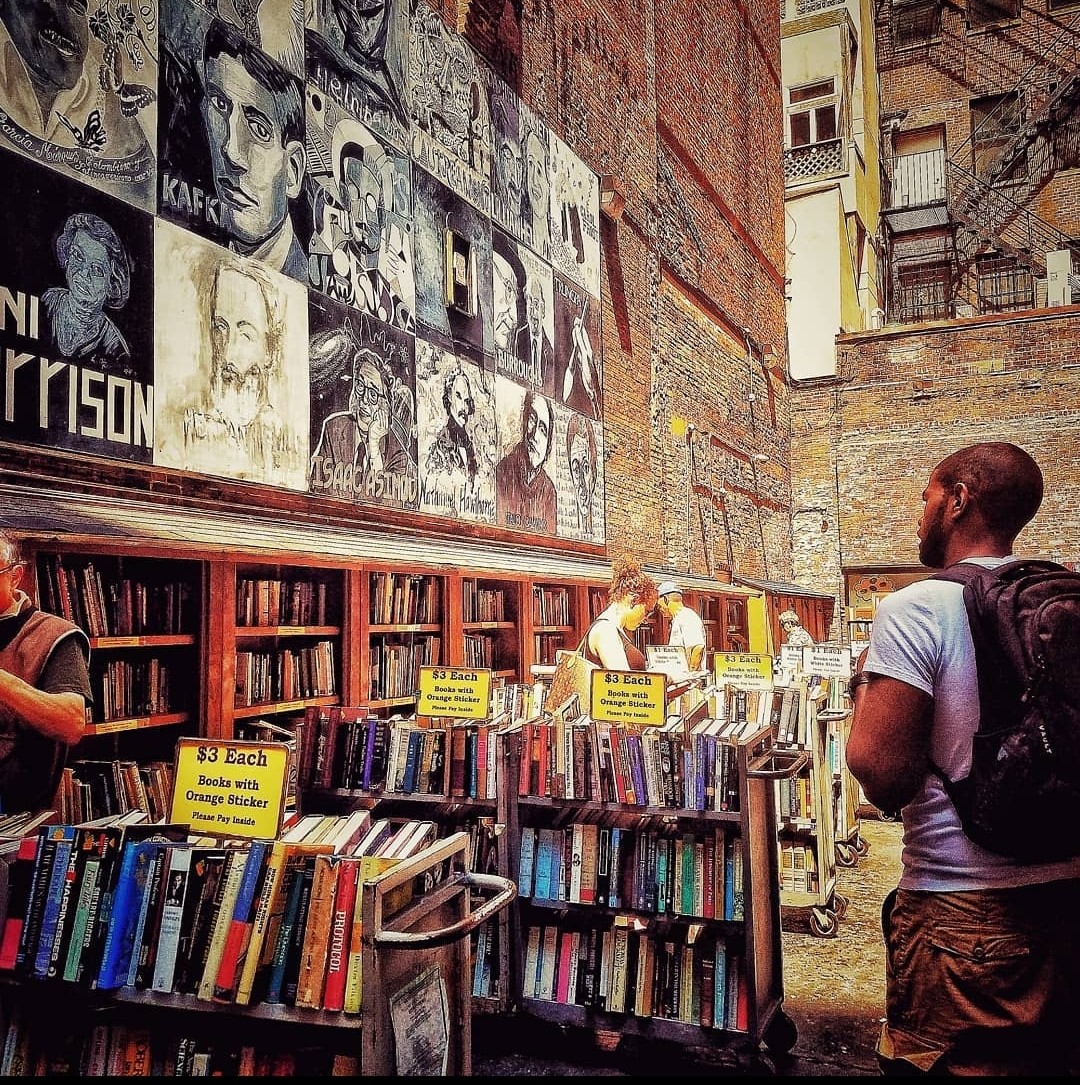
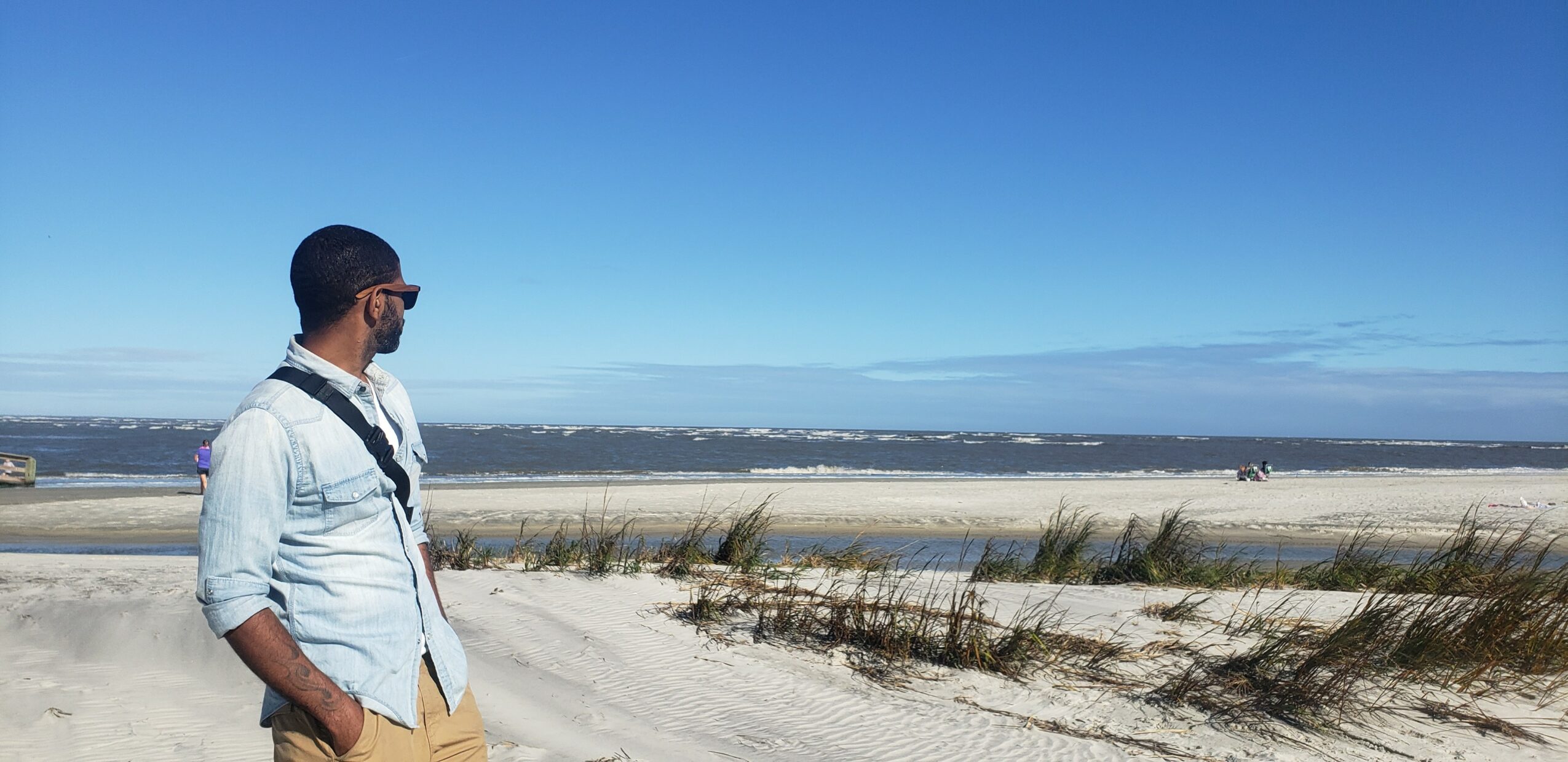
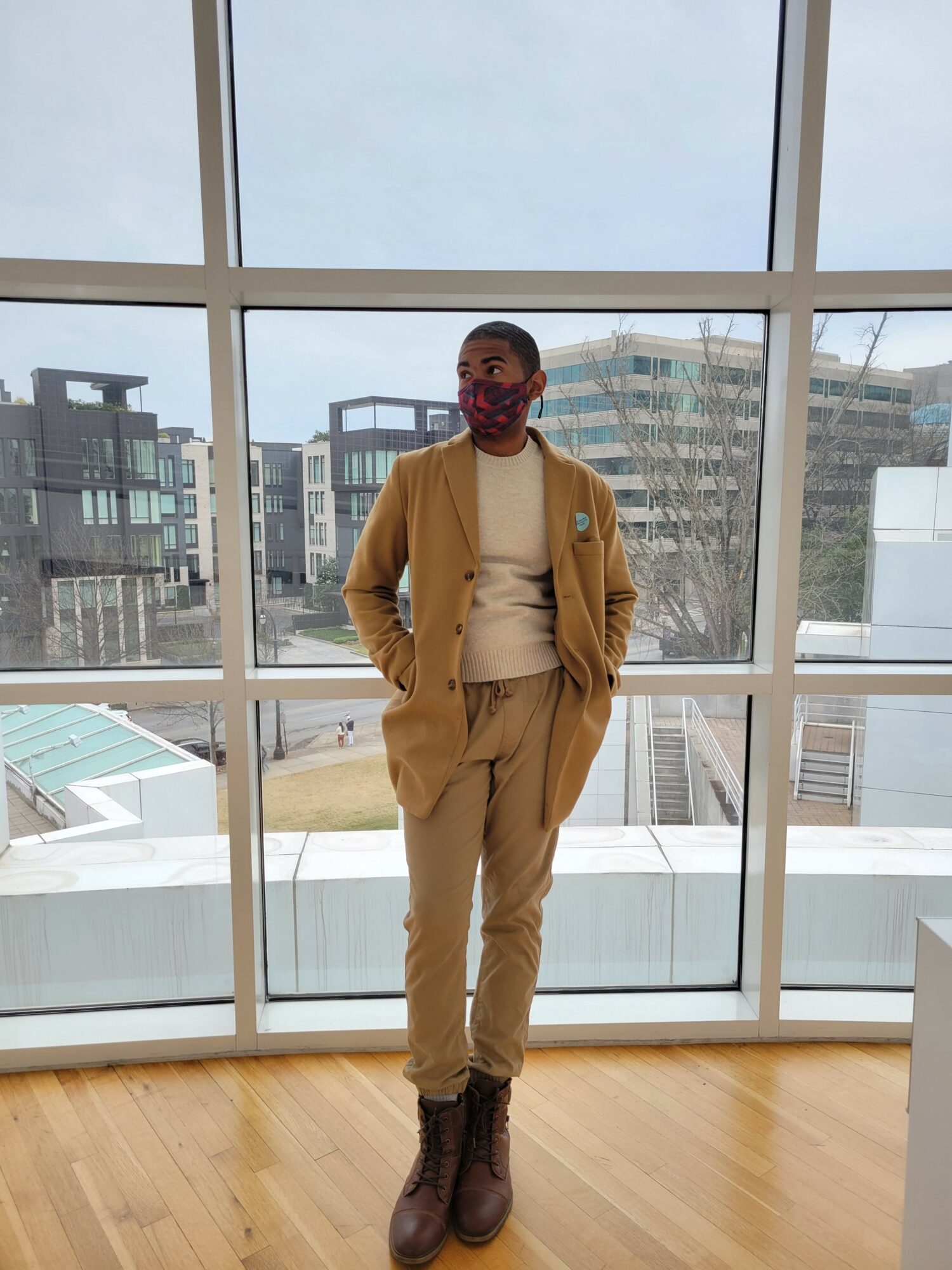
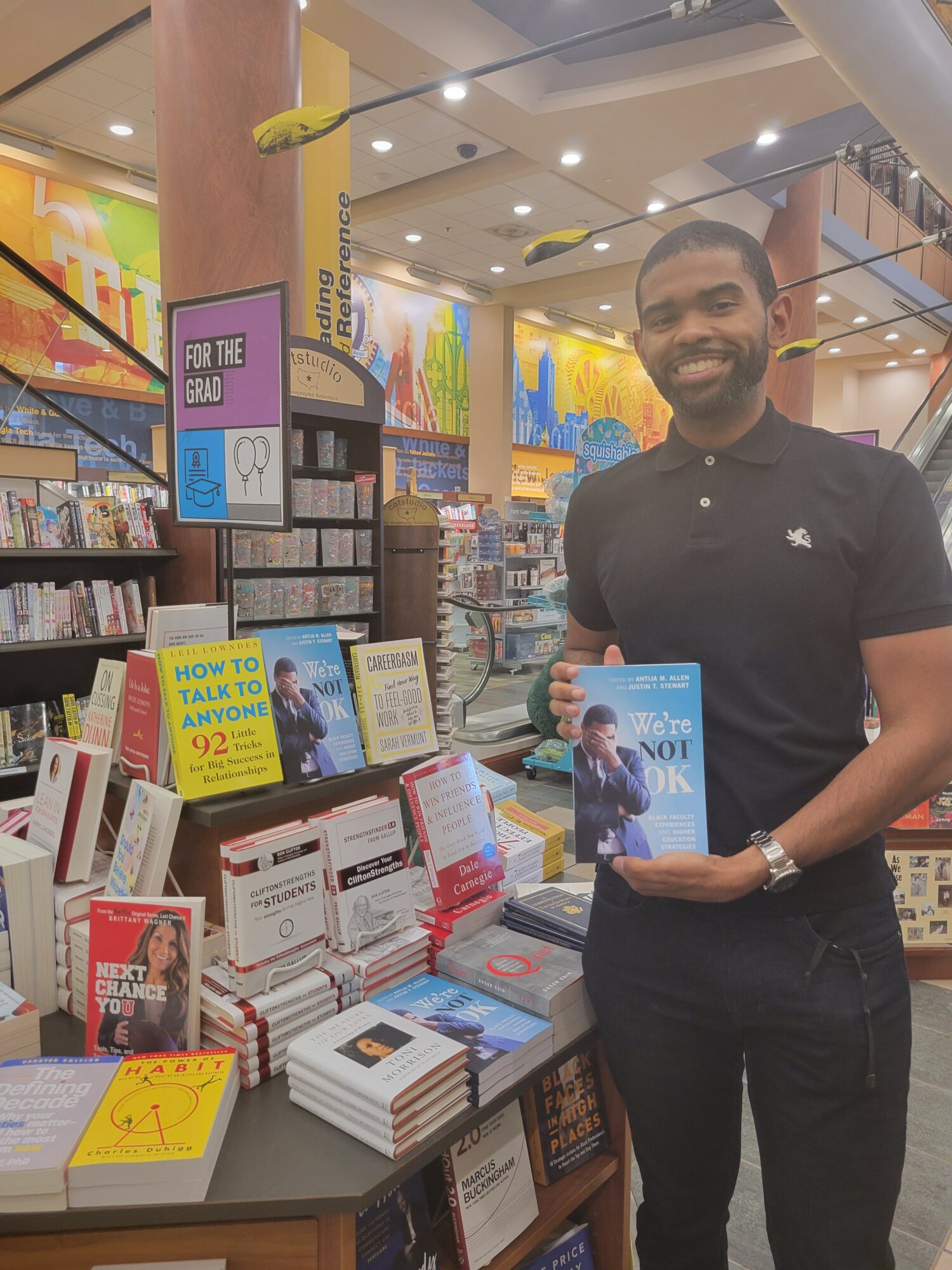
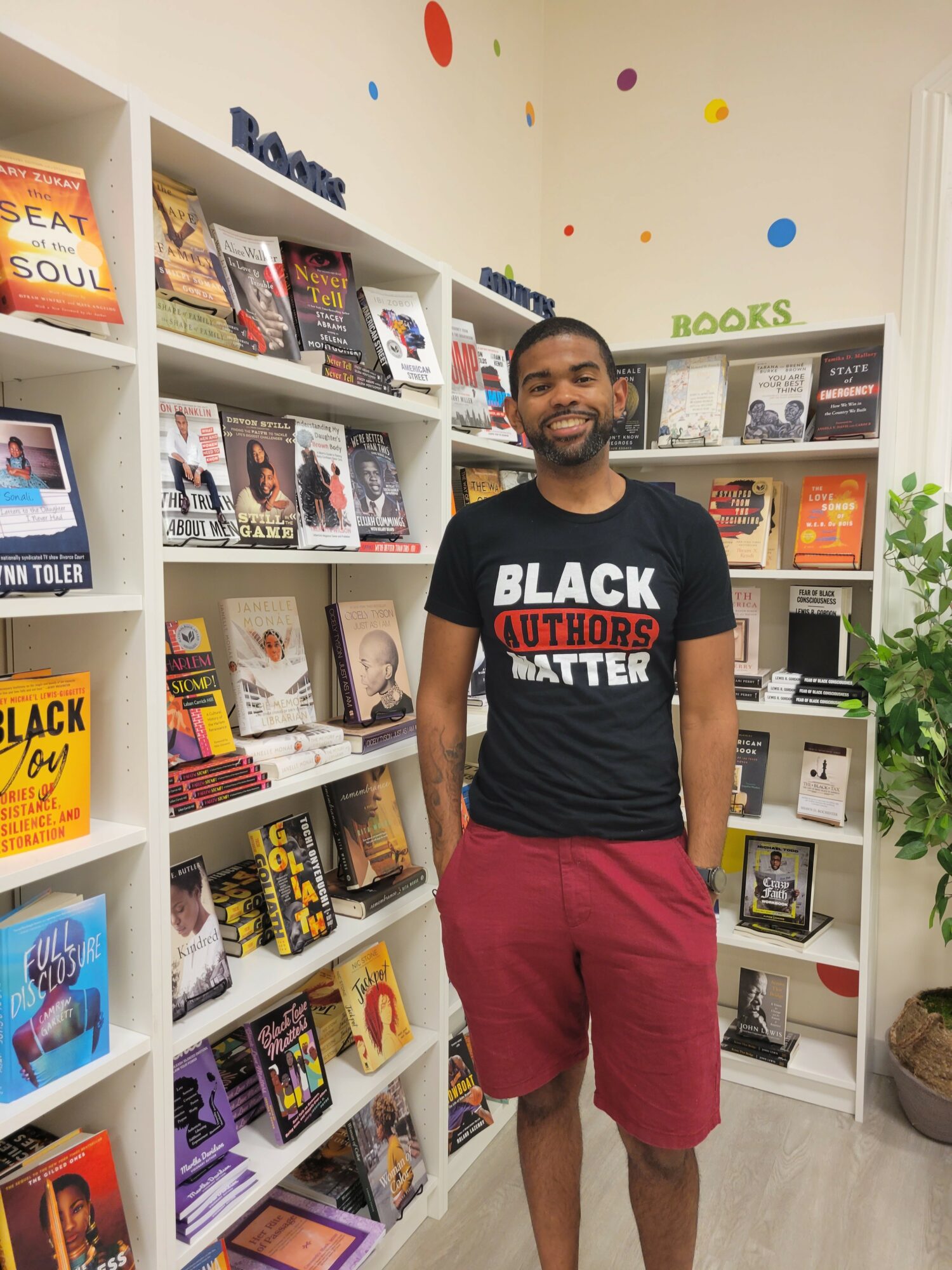
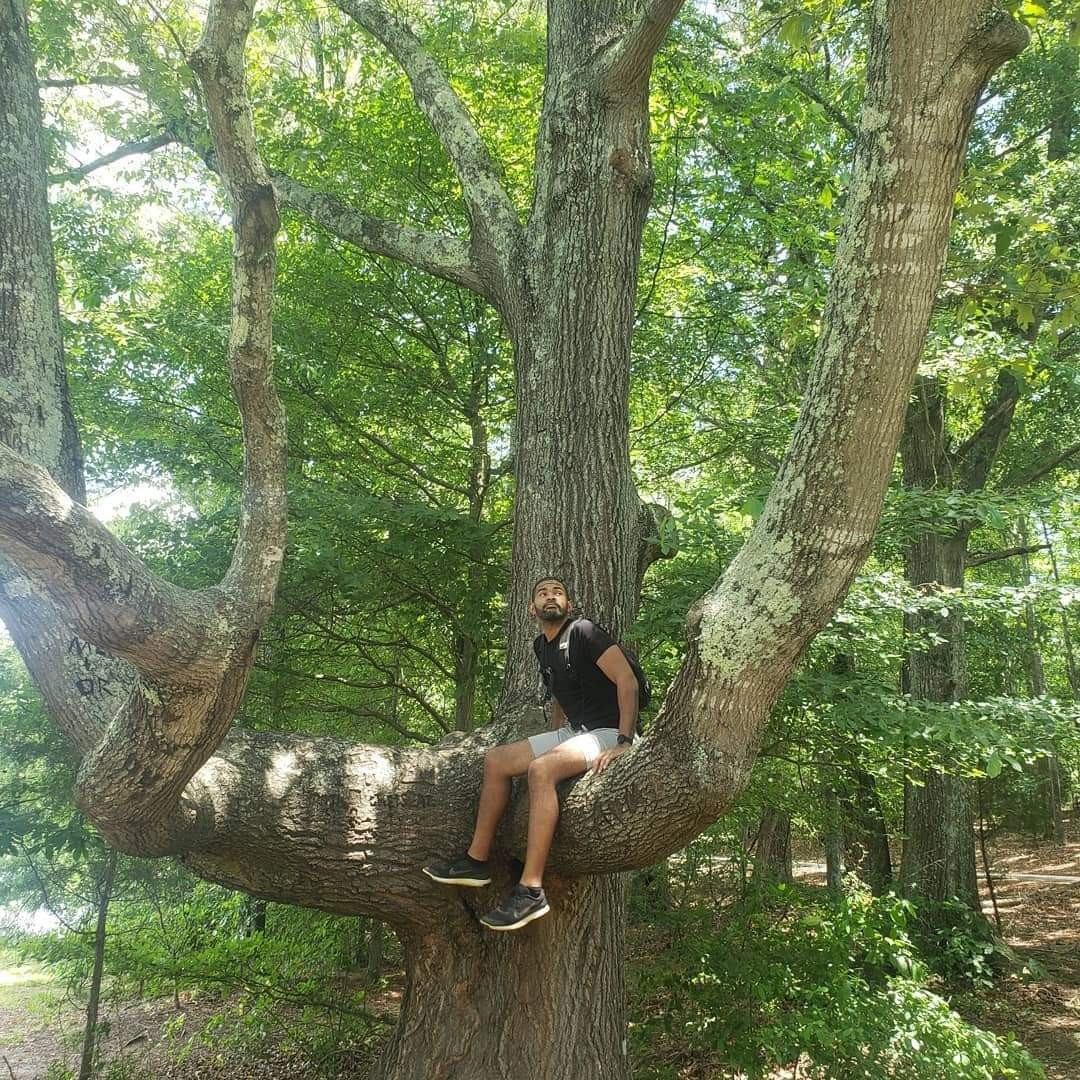
Image Credits:
Sakinah Grant Cornelius Berry Bonni Stachowiak













